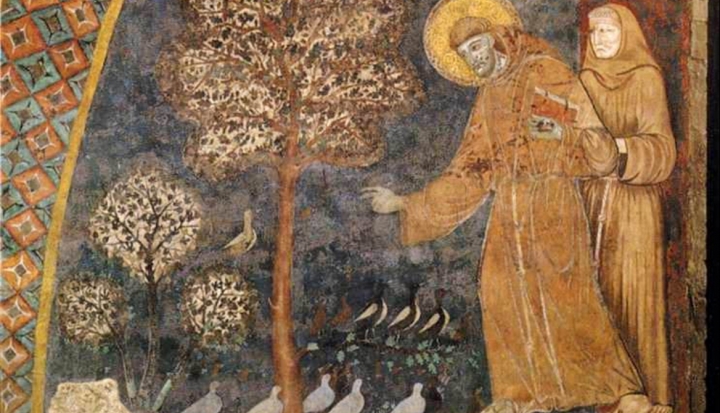To the well-known saint, the most important human right is the right to love.
We live in a society that highly values perceived rights. People advocate for equal rights, a right to life, a right to die, a right to choose, a right to bear arms and a vast array of other tenets, some of them engraved in our Bill of Rights. Most advocates adorn their righteous causes with cloaks of freedom, fairness, or equality. Many of them are deeply caring and committed in their efforts.
Yet too often the rights of some are claimed at the expense of others. There exists a false notion that once society establishes a particular value as a human right, all persons will be treated fairly and equally. In fact, each day there are thousands of victims of the righteous, usually among the poor and vulnerable, be they the casualties of war, the victims of exploitative economic policies, persons facing capital punishment, the innocent unborn, or other isolated or forgotten souls. Ironically, discrimination at its worst often hides and thrives in demands for rights and equality. It is a false equality that establishes rights for some that result in suffering or death for others.
Consider the French philosopher Simone Weil’s perceptive quote about Saint Francis of Assisi: “One cannot imagine Saint Francis of Assisi talking about rights.” How is it that one of the most caring souls who ever lived, who gave away all he had to the poor, who loved society’s outcasts and embraced lepers, was not an outspoken advocate for human rights? How is it that he begged goodness from others rather than demanding respect and equality? Why did he choose a different path than so many other famous leaders and promoters of social change?
Perhaps Saint Francis humbly realized that the rights established by a society, good or otherwise, are temporary, worldly values, a reflection of fallible human efforts and not to be confused with one’s obligations in a deeper, more-personal relationship with God. To Saint Francis, societal rights would be secondary to God’s all-encompassing love for humanity, and would gain or lose merit within the context of our true calling to love everyone, including our enemies. The humility of Saint Francis suggests we have few inherent rights beyond the perfect freedom to love, a right given to us through God’s infinite mercy. In the end, souls are not saved through the establishment of societal standards, but through love.
In a world of jumbled demands for conflicting rights, Catholics are wise to focus, as Saint Francis did, on God’s call to love everyone, especially the least among us. There is a beautiful consistency in the message that all life is precious. All justifications for war, exploitation, abortion, capital punishment, and other forms of violence crumble before the humble belief that each and every soul is a special creation of God. And there is a true fairness and equality in an ethic based not on the latest trends or opinion polls, but on a divine message as old as mankind. For the humble, the right that matters most is the right to love, a right society has the ability neither to impart nor to take away.
Image: Master of St Francis [Public domain], via Wikimedia Commons















Add comment